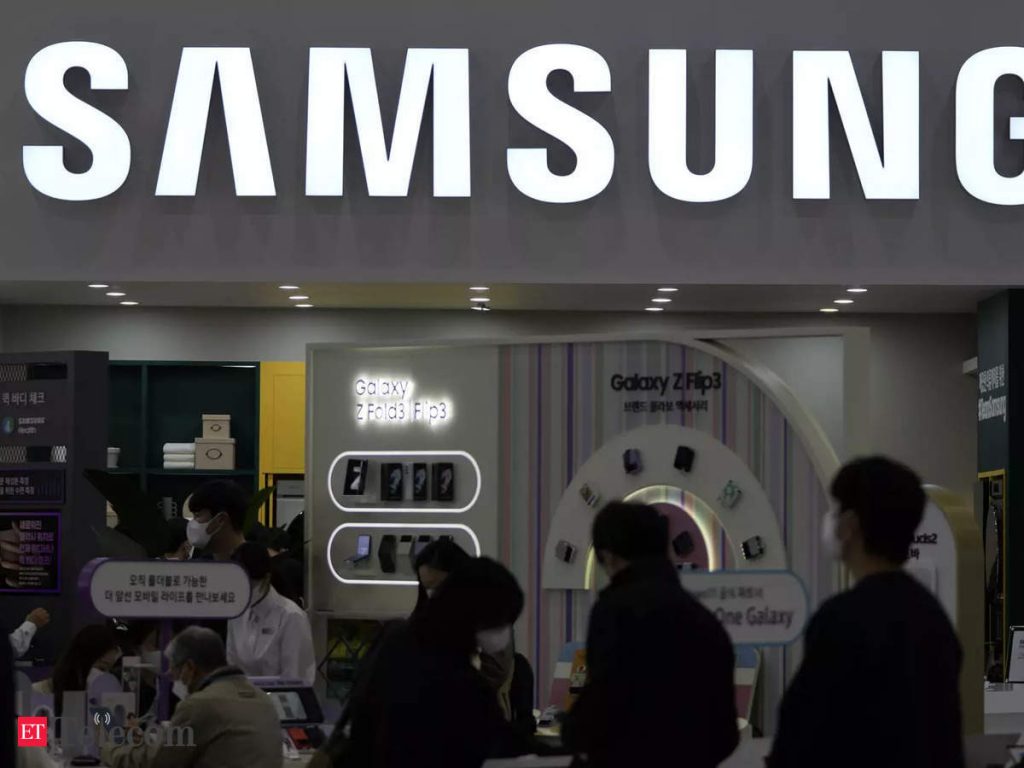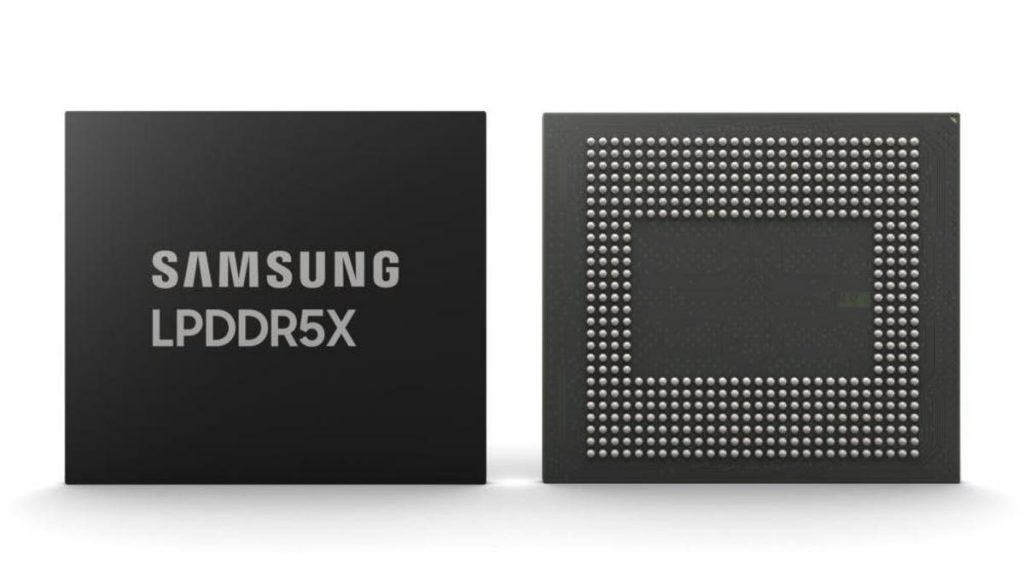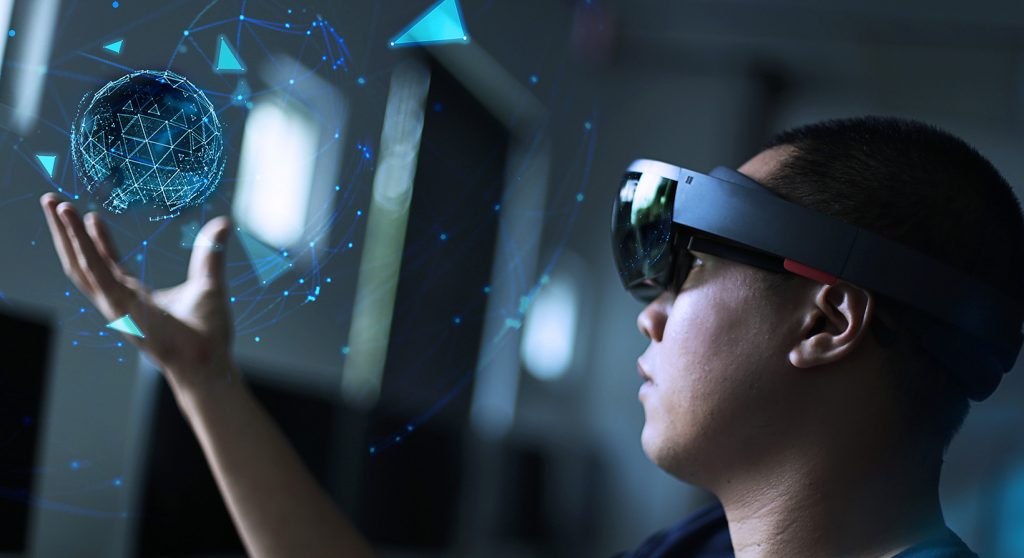South Korean tech giant Samsung has announced Low Power Double Data Rate 5X or LPDDR5X RAM, a new RAM technology for mobile devices designed to drive further growth in high-speed data service applications such as 5G, artificial intelligence (AI), and the metaverse.
The LPDDR5X is a next-generation mobile RAM designed to improve speed, capacity, and power efficiency in future 5G applications. Samsung introduced the industry’s first 8Gb LPDDR5 RAM in 2018, and the company is now expanding beyond mobile markets with the first 16Gb LPDDR5X RAM.

“Our LPDDR5X will broaden the use of high-performance, low-power memory beyond smartphones and bring new capabilities to AI-based edge applications like servers and even automobiles,” SangJoon Hwang, Senior Vice President and Head of the RAM Design Team at Samsung Electronics, said in a statement.
It will process data at up to 8.5 Gbps, which is 1.3 times faster than LPDDR5. In addition, due to its use of the industry’s most advanced 14nm RAM process technology, it will consume approximately 20% less power than LPDDR5 memory. The 16GB LPDDR5X chip will also support up to 64GB per memory package, meeting the global demand for higher-capacity mobile RAM.

Samsung will start working with global chip manufacturers later this year to develop a more viable framework for expanding digital reality, with LPDDR5X as a critical component.
Furthermore, in terms of the metaverse, the lower power consumption and improved performance could actually be helpful for AR and VR headsets powered by onboard processors or phones.

Samsung did not respond to requests for comment on the benefits of the 14nm process over its previous-generation RAM chips, which is marketed as “10nm-class, inferring that the process was somewhere between 10nm and 20nm.
Samsung does not specify when its LPDDR5X RAM chips will be readily accessible to manufacturers; however, it is expected to be available by 2023.
As with regular-power DDR5, a significant generational difference between LPDDR5 and LPDDR5X memory devices won’t be identified right away. However, these enhancements help our devices achieve better. This time, Samsung is attempting to improve one of the more basic but less intriguing features of a phone — albeit under the guise of a buzzword like metaverse.


